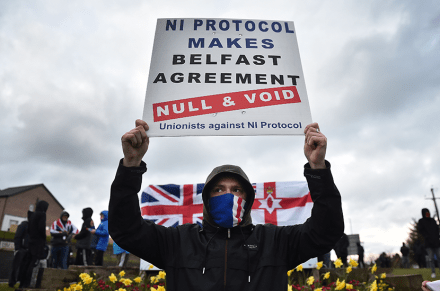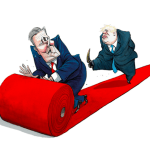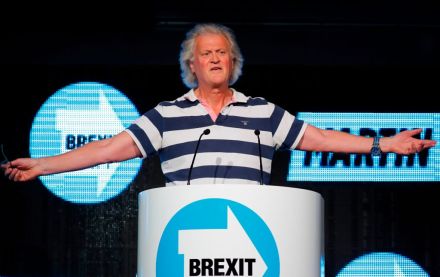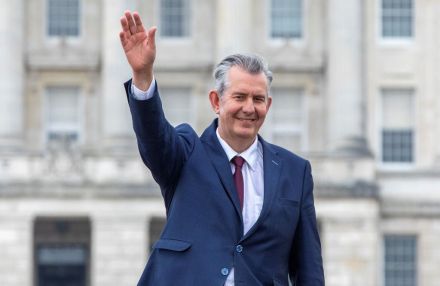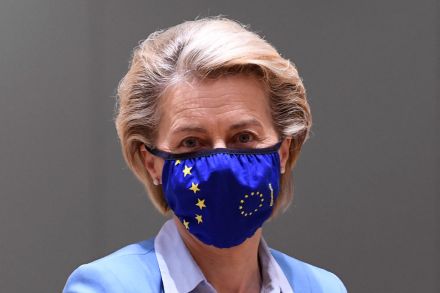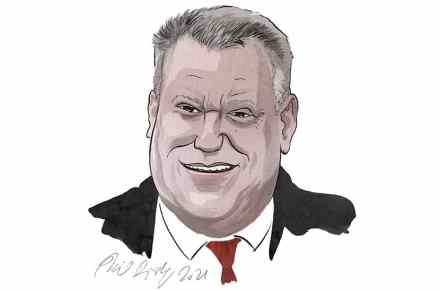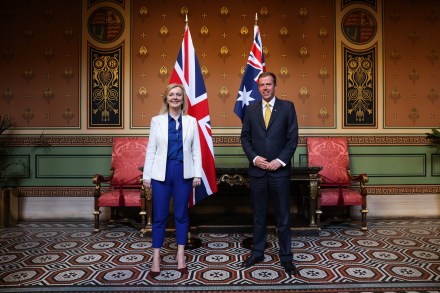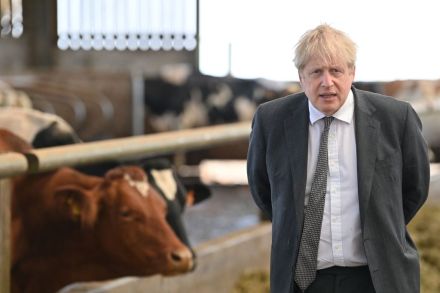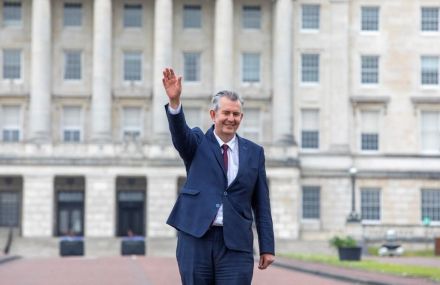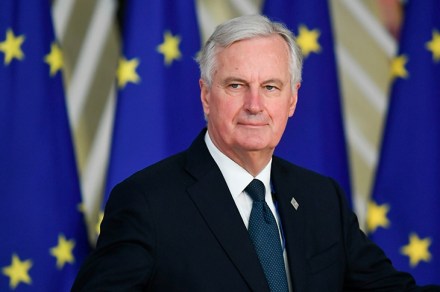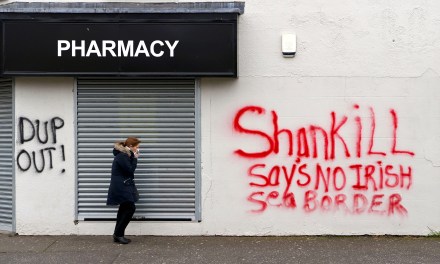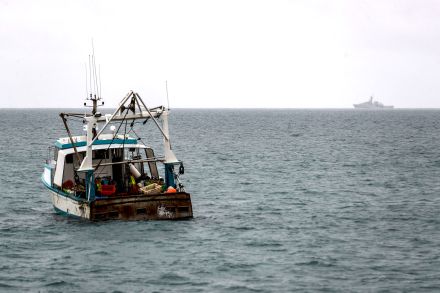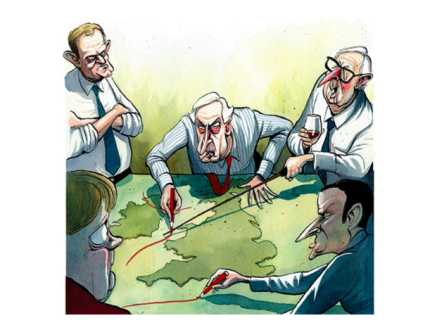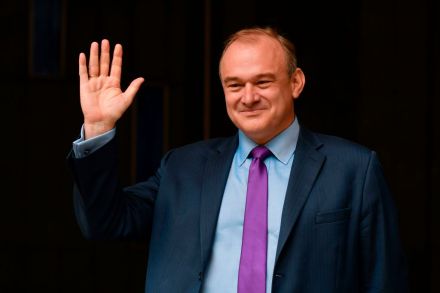It’s time to revisit the Northern Ireland protocol
Britain has already seen two ‘Brexit days’ — when it formally left the EU on 31 January 2020 and the end of the transition period 11 months later. But given that it has taken less than six months for the Northern Ireland protocol to unravel, it’s horribly clear that our future relationship with the EU is anything but settled. The transport of sausages and other chilled meats from Britain to Northern Irish supermarkets may seem a trivial matter. But the attempt by the EU to enforce a ban on this trade demonstrates what so many people found problematic about the idea of an internal UK border down the Irish Sea.
